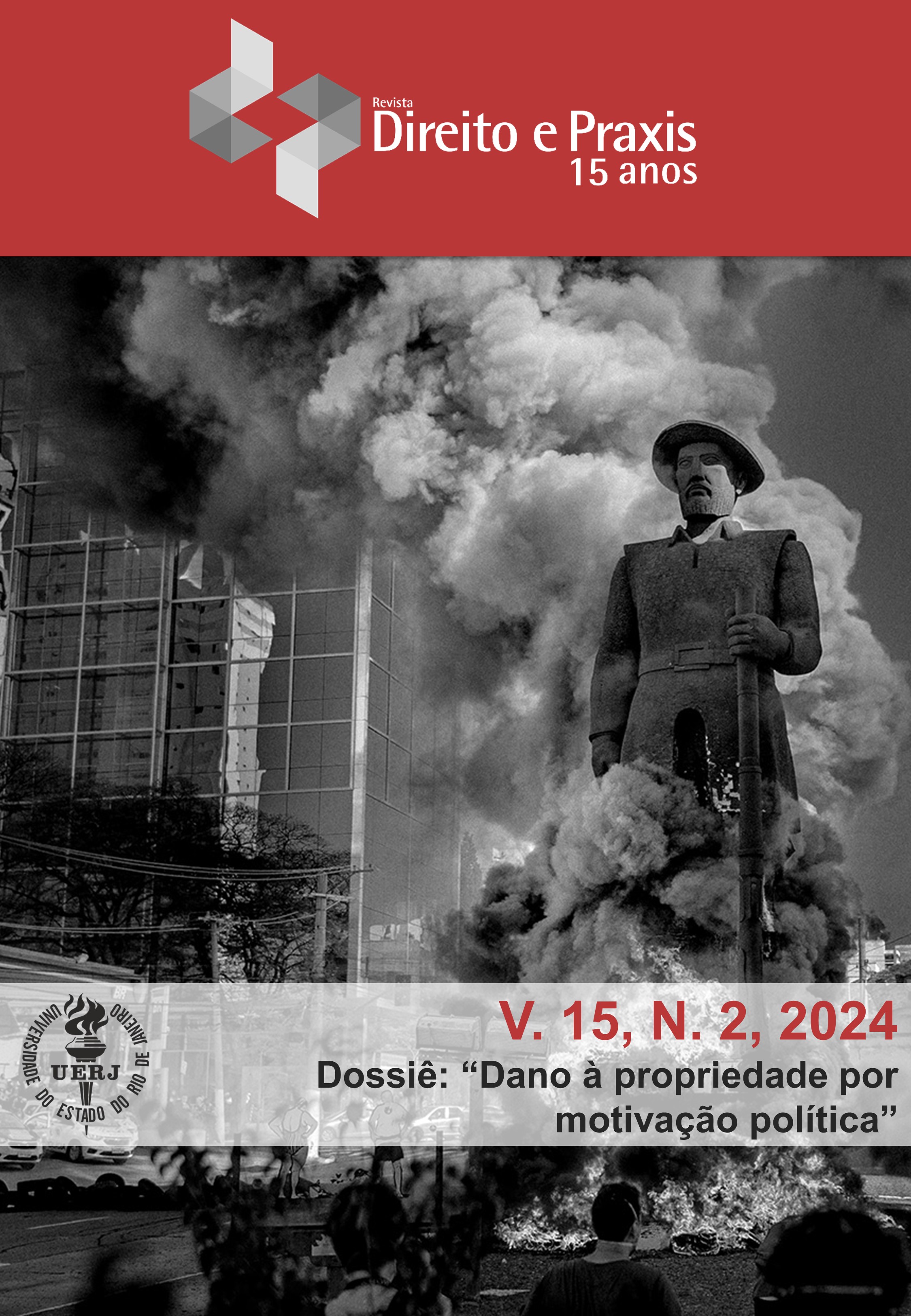The hidden costs of technology and the protection of the social right to work
Keywords:
technology, social right, human workAbstract
https://doi.org/10.1590/2179-8966/2022/70317i
This research is located in the field of interactions between Law and Technology, proposing to investigate how to guarantee the social right to work in the face of technological insertions that replace human labor? The objective is to identify forms of legal protection of the social right to work in the current technological context. A phenomenologicalhermeneutic approach, a monographic procedure method and a research technique using indirect documentation are used. As a result, it was found the need for a legal-critical reading about the consequences of technology for human lives, for which it is necessary to challenge the immunization discourses to possible negative aspects arising from this dynamic, which have contributed to the invisibility of central elements to the debate. It was concluded that automation technologies represent a concrete possibility of eliminating millions of human jobs in the coming years, but that there are numerous challenges to be considered in this path, it is already possible to perceive, however, a serious situation of precariousness of the established work. However, it is considered that the Brazilian legal system contemplates constitutional provisions capable of reconciling the protection of the social right to work and respect for the principle of human dignity with technological transformations.
Keywords: Law; Technology; Social right; Human work; Automation.
Downloads
Downloads
Published
How to Cite
Issue
Section
License
Copyright (c) 2023 Direito e Práxis

This work is licensed under a Creative Commons Attribution 4.0 International License.
The authors the sole responsibility for their texts.
It is allowed the total or partial reproduction of the articles of the Journal Law and Praxis, if the author is mentioned.
This work is licensed under a Creative Commons Attribution-Noncommercial-Share Alike 4.0 Unported License.
This license allows you to copy and redistribute the material in any medium or format for any purpose, even commercial, provided the original authorship is cited.
This work is licensed under a Creative Commons Attribution 4.0 International License.



